With Shaykh Abdullah Hasan | 36 Weeks | Online | Starts 28th January 2025
Islamic Psychology and Counselling Skills
Today, there are many Muslim counsellors throughout the UK and world. Yet, most of their mental health services lack a holistic and healing Islamic perspective. The current curricula focus solely on secular tarbiya, which often contradicts Islamic teachings. On the other hand, imams and scholars are well-versed in the traditional sciences, but their fatwas and legal verdicts miss out on constructive, therapeutic and transformative dialogue. One of the primary reasons for this situation is the absence of and access to relevant Islamic training.
The team at Qur’an Institute has created a new interdisciplinary and applicable curriculum to address the contemporary gaps in psychological services. Our vision is to train alimiyyah students, imams, scholars and non-scholars on foundational psychology and counselling skills through the lens of deen. At the same time, we provide spiritual support to those who studied secular psychology, in order to refine their strategies with the backing of Islamic knowledge.
We aim to bridge both worlds to a holistic space that offers true spiritual healing to individuals, couples and families. We believe that this type of relevant training and sustainable growth is the foundation for the peace and progress of the Ummah
This will take 108 hours of contact hour teaching. 3 hours per week divided into 3 Modules.
Why is this course needed?
The mental health space is a messy place. Those who need help must wander through the convoluted maze of acronyms, practices, and a plethora of community workers whilst questioning their efficacy and actual value. Meanwhile, on the ground, the exact solutions are scattered among psychologists, psychiatrists, therapists, social workers, counsellors, coaches, chaplains, imams, scholars and their students. This course is for all the above who want to inject actual value into their practices and organisations. We offer that value through collaborative knowledge and holistic approaches for those ready to study them in our course. Like you, our team sees the worth and potential of the space.
So who is this course suitable for?
- Anyone who wants to learn about Islamic counselling and seeks to help themselves and others
- Scholars can up-skill their interpersonal skills
- Scholars can find a syllabus to train their students of knowledge to expand their reach
- Imams and students of knowledge can learn pertinent faith-based knowledge to help Muslims navigate faith crises and promote healing relationships through community
- Scholars-in-training can aspire to chaplaincy or social work
- Existing counsellors can convert their current practice to Islamic counselling
- Muslim social workers can find a community of people in similar fields with shared values and goals
- Masjid and third space organisers can transform their interest groups, events, and workshops to serve their locality better
- Muslims who want to engage in the mental health space and combat the stressors, trauma, abuse and conflicts in our community
Meet The Team
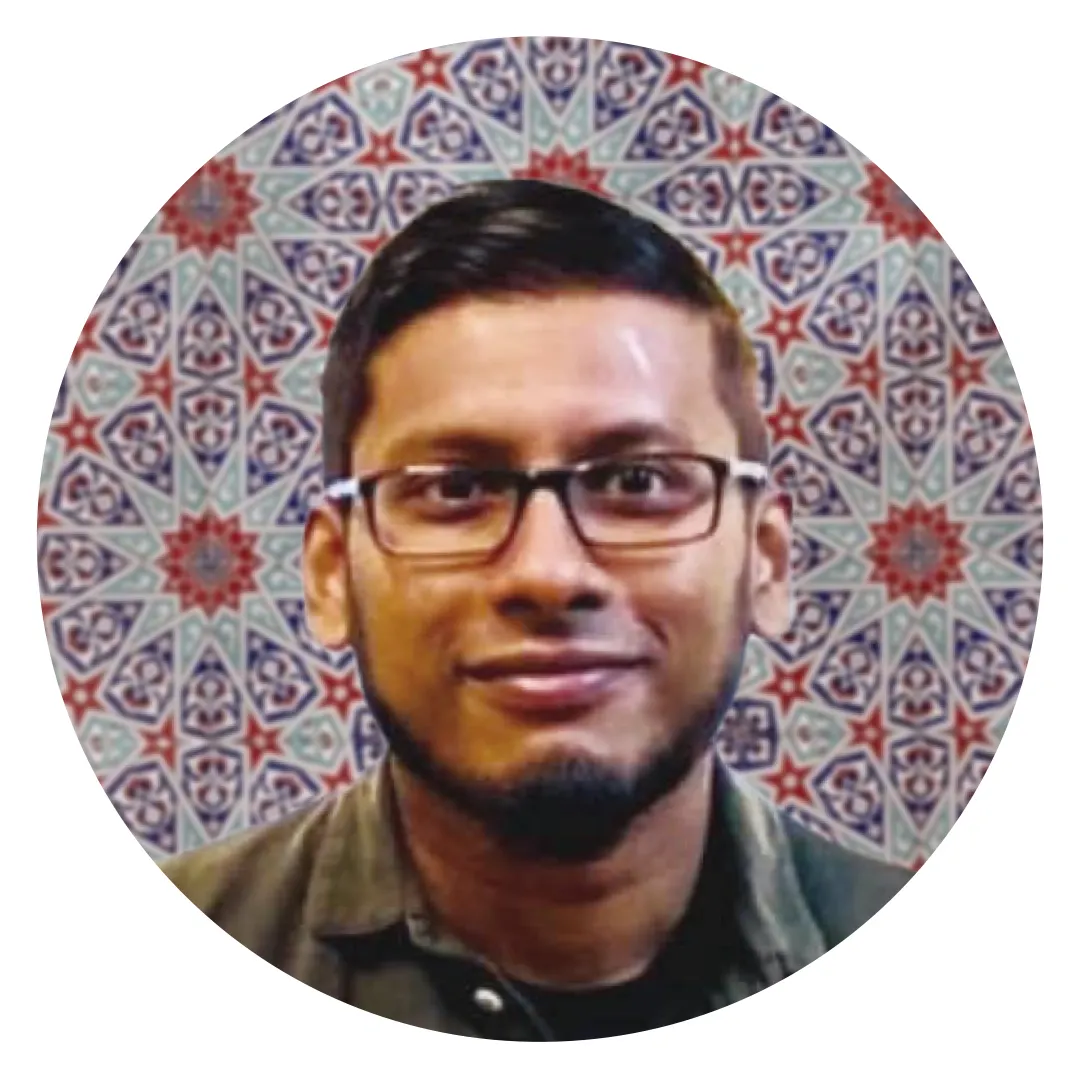
Mufti Moinul
Course Coordinator
For all registration and technical issues.
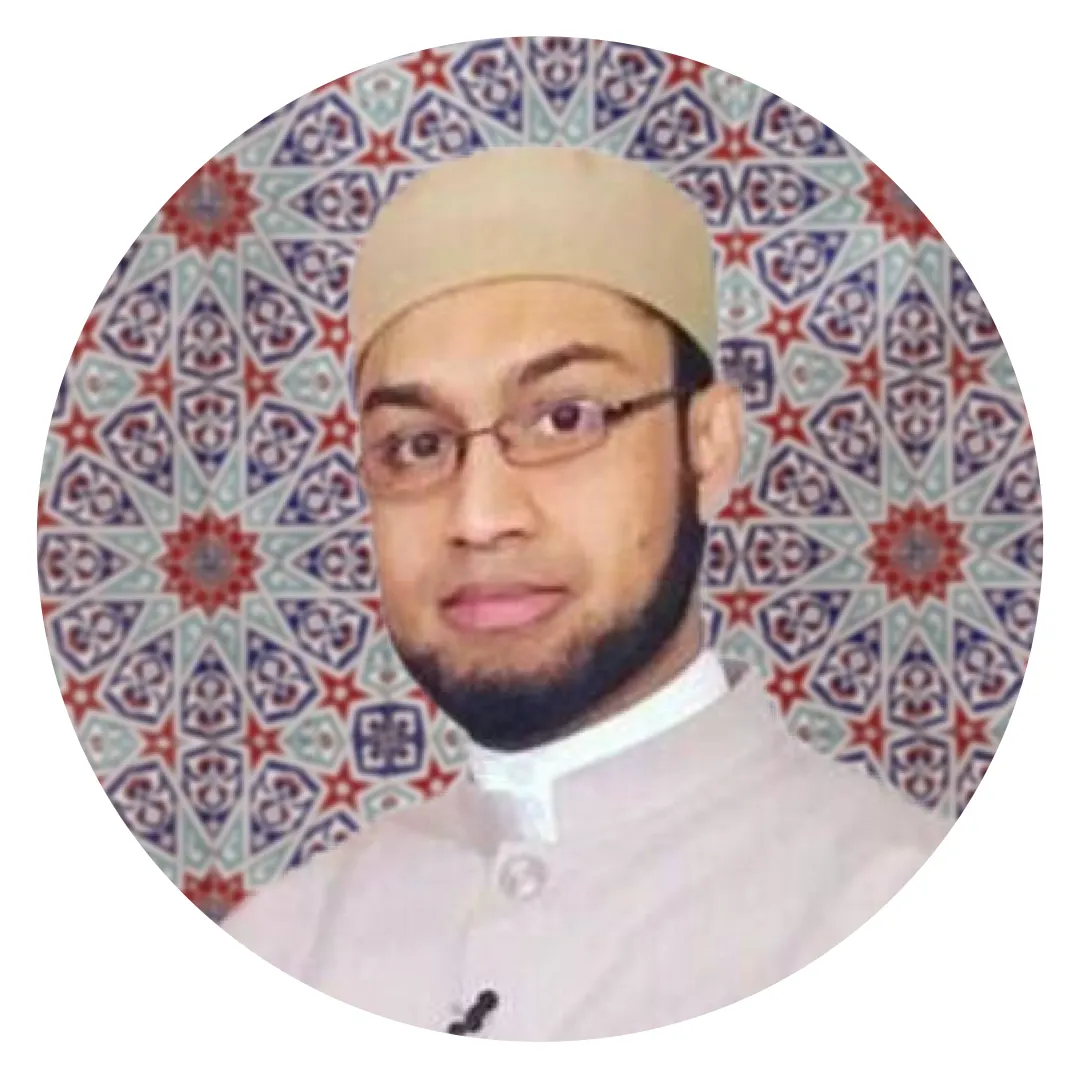
Shaykh Abdullah Hasan
Core Instructor
Our main instructor for all the core modules.
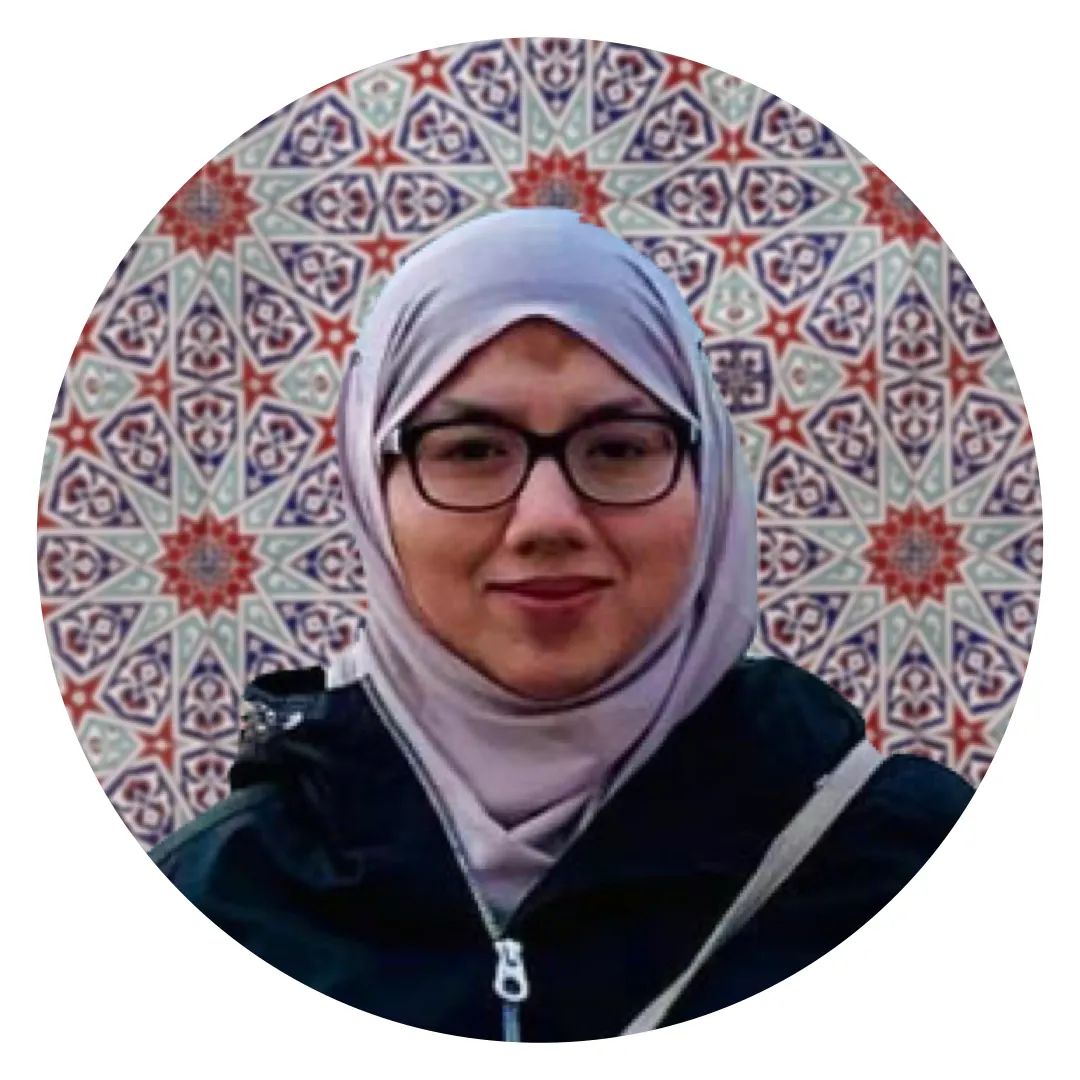
Muftiya Nasima
Course Coordinator
For all student needs from course materials, advice and feedback.
Meet The Team

Shaykh Abdullah Hasan
Core Instructor
Our main instructor for all the core modules.
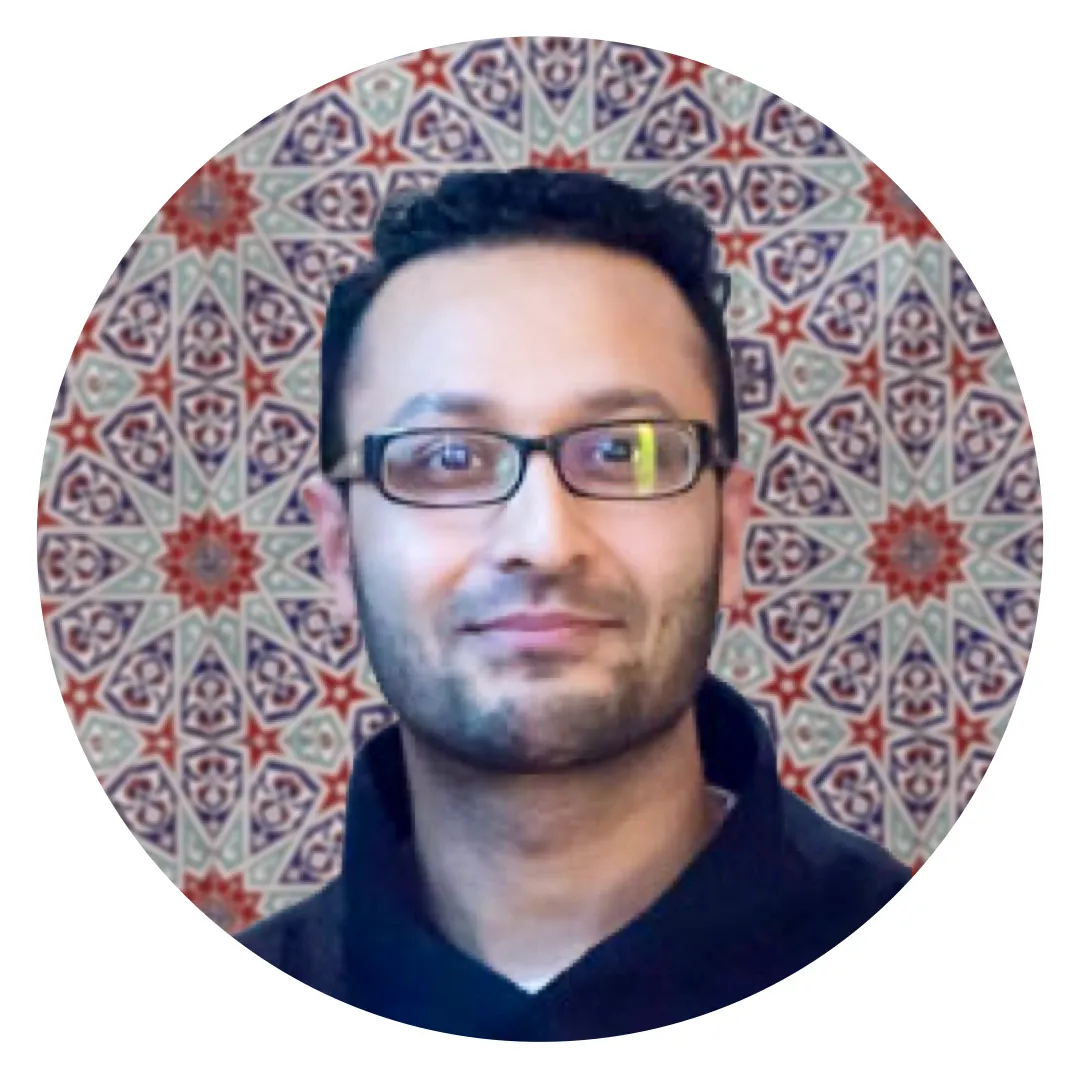
Shaykh Dr Safaruk
Instructor
Philosophical doubts and palliative care.

Mufti Moinul Abu Hamza
Instructor
Pastoral care case studies based on Quranic paradigms
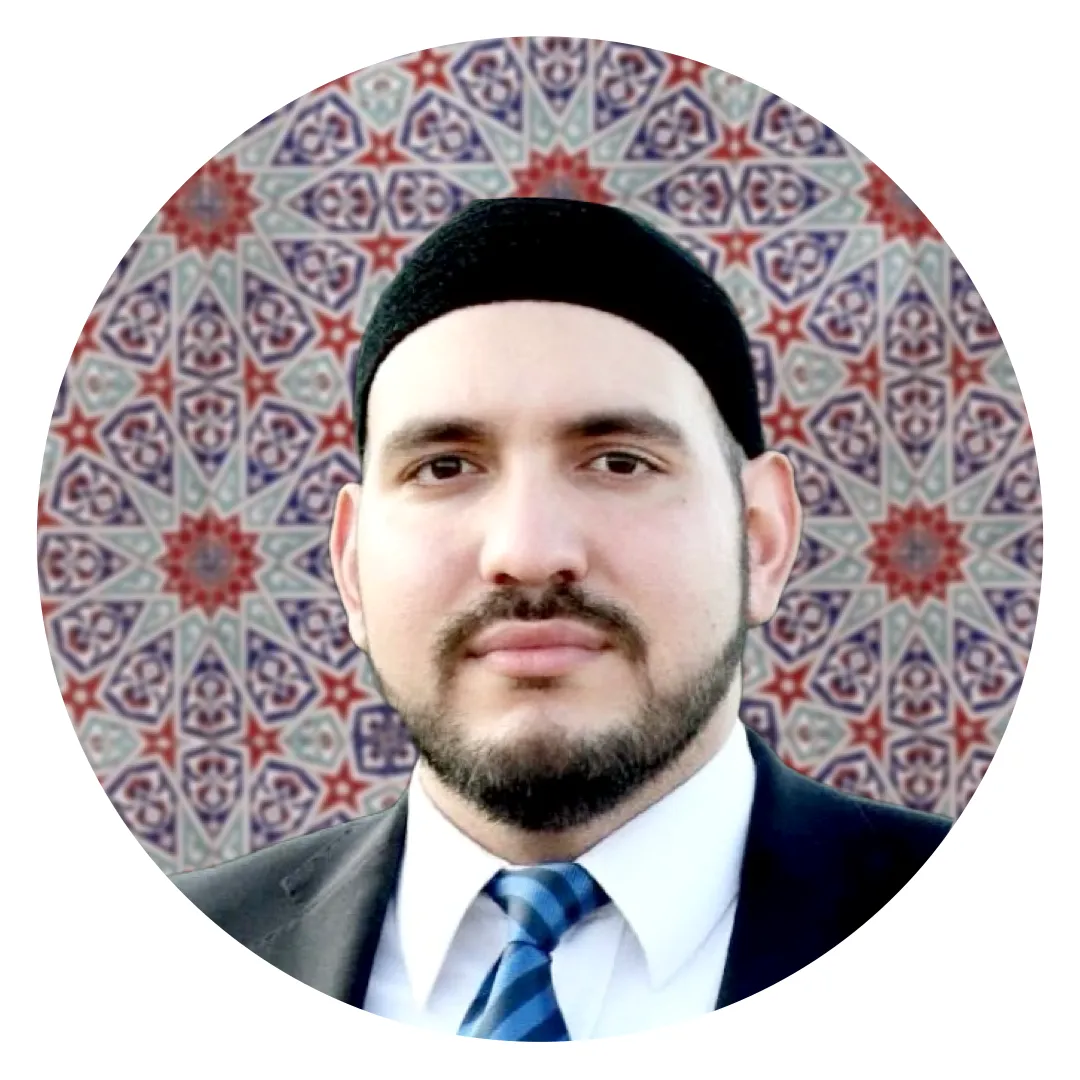
Abdullah Al-Andalusi
Instructor
Intellectual doubts and their liberal origins.
Core Instructor Information
Shaykh Abdullah Hasan holds an Imam Diploma, BA, and Ijaza Aliyah in Islamic Studies from a European seminary. He also has a diploma in Arabic from Zarqa Private University and studied fiqh wa usuluhu at the same university, receiving private training from renowned Scholars in Jordan and the Middle East.
With a background in counselling and psychology, he has provided therapy for individuals, couples, and families for over a decade. He holds certificates and diplomas in person-centred psychotherapy, marriage and youth counselling, and SFBT psychotherapy. Sh. A. Hasan is currently pursuing a doctorate in applied psychology after completing a Master’s degree in the same field, and also Masters Programme in Medical Psychology. His expertise also extends to Zakat and Islamic philanthropic studies.
Having served as an Imam in various UK Muslim communities, Sh. A. Hasan is deeply committed to community and people development. He brings over 10 years of experience in management, leadership, and training within the third sector.
Currently, he serves as a teacher of Islamic psychology and counselling, a Consultant Counselling Psychologist at Gift Foundation. Additionally, he provides Chaplaincy counselling from multiple mosques in London, UK.
Sh. A. Hasan is the founder of significant initiatives such as Imams Against Domestic Abuse (IADA), the British Imams, Scholars Contributions and Achievements (BISCA Awards), and the British Institutes, Mosques, and Associations (BIMA Awards). He is a member of The Association of Islamic Mental-Health Specialists (AIMS) and actively contributes to numerous other community organisations and projects.
Learning Outcomes
- Conduct and contribute to research in Islamic psychology.
- Provide specialized counselling for complex issues like trauma and addiction.
- Demonstrate leadership and supervisory skills in professional practice.
- Innovate and develop new counselling techniques and programs grounded in Islamic principles.
This comprehensive course structure ensures that students gain a deep and holistic understanding of Islamic psychology and counselling,
equipping them with the knowledge and skills necessary for effective practice at all levels.
A Unique Supplementary Module
This is a counselling course like no other. Al-Madad Outreach is working in conjunction with the Quran Institute's Ummatics department to cover intellectual and philosophical doubts. There will be six unique supplementary sessions delivered by Dr Shaykh Safaruk & Ustadh Abdullah Al-Andalusi. These sessions will help aspiring counsellors remediate existential questions that trouble many Muslims in recent times.
This course at QI equips participants with the knowledge and practical skills to address doubts and spiritual struggles among Muslims from a counseling and pastoral care perspective. Rooted in Islamic theology and informed by contemporary psychological and pastoral frameworks, the course explores the nature and causes of doubt, including intellectual, emotional, and social factors. Participants will learn to foster empathetic listening, identify underlying issues, and offer personalized guidance that integrates spiritual, ethical, and rational approaches appropriated from the islamic spiritual and consolation literature (tasliyat al-masa’ib). Case studies, role-playing, and practical exercises will ensure attendees leave with the tools to support individuals in reconnecting with their iman while cultivating resilience and spiritual well-being.
Who are AIMS?
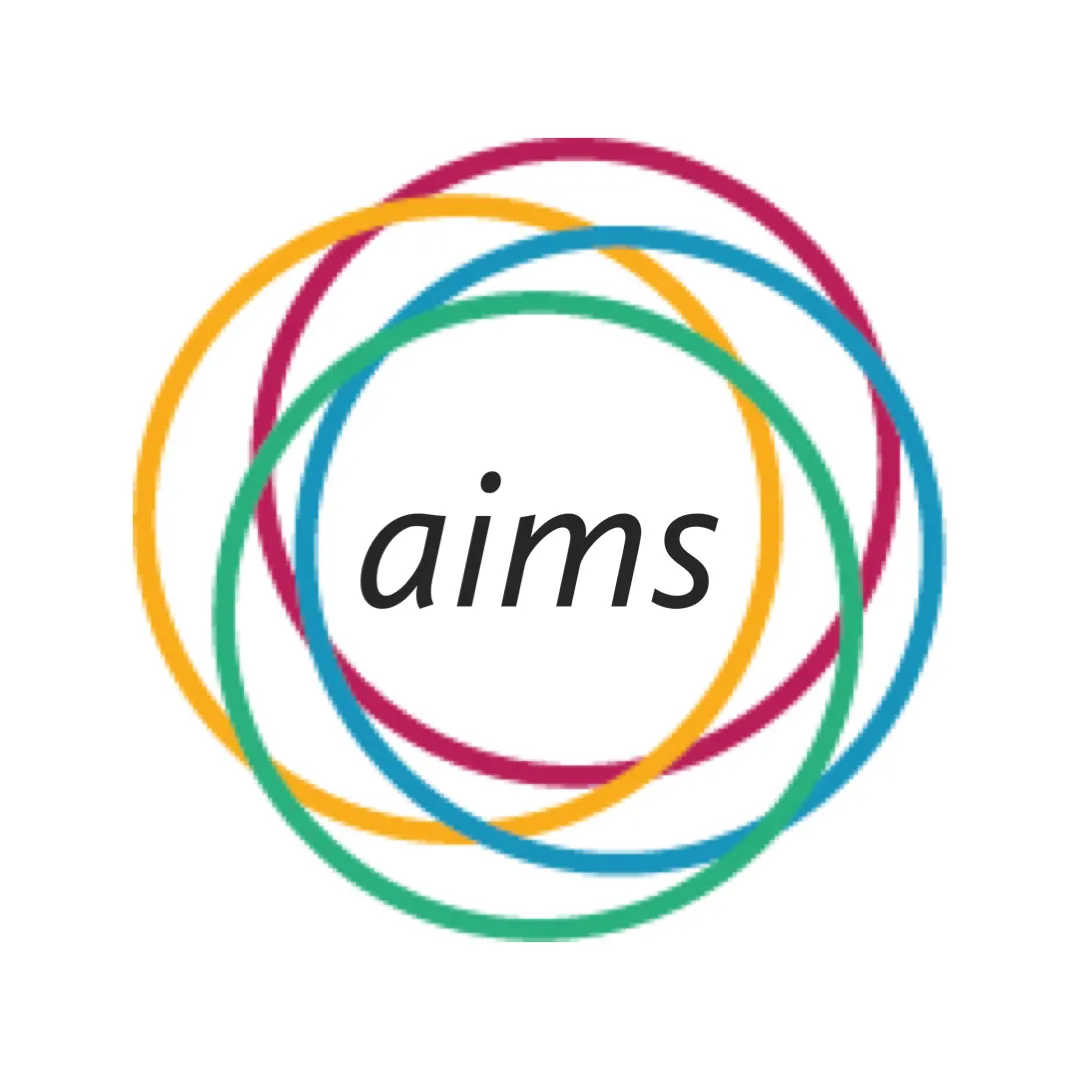
The Association of Islamic Mental-Heath Specialists (AIMS), established in 2022, is the professional association for members of mental-health professionals and specialists from the Muslim global community. The vision of AIMS is to empower individuals so that they can contribute to, serve and better empower their communities.Our mission is to develop the Muslim mental-health support sector and empower individuals to access appropriate help whilst promoting the highest standards of care across the industryWe’re committed to developing the highest standards of proficiency and ethical practice within the mental health professions. And we’re passionate about advocating the role, relevance and value of therapeutic care to the public, employers and commissioners.If you share these values, we’d be delighted to welcome you as a member. You’ll be joining other Muslim professionals and practitioners and organisations in helping to raise standards, promote public safety and make our professional voice heard.
The ethics and code of practice is intended as a framework to enable The Association of Islamic Mental Health Specialists members and other Muslim counsellors, therapists, and imams to engage with their clients and service users and community members in the most effective manner, thereby improving the state of Muslim counselling and service providers around the world.The aim of this version of the ethical standards are designed to cater for practitioners, psychologists, counsellors, psychotherapists, coaches, imams, raqis, and chaplains providing a myriad service within their respective areas.
Additional Courses in 2025